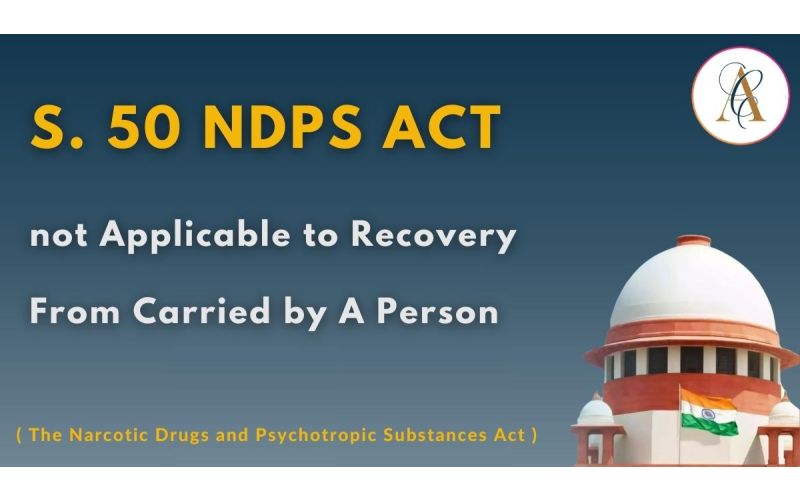Anti-Money Laundering (AML) Compliance: Best Practices for L

Anti-Money Laundering (AML) Compliance: Best Practices for Law Firms
In today's globalized economy, money laundering poses a significant threat to financial systems and institutions, including law firms. As facilitators of various financial transactions, law firms are often targeted by money launderers seeking to legitimize illicit funds. Anti-Money Laundering (AML) compliance is, therefore, not just a regulatory requirement but a critical aspect of legal practice to maintain integrity and trust. Here’s an overview of the importance of AML compliance and best practices for law firms to implement.
The Importance of AML Compliance
1. Legal and Regulatory Obligations
Law firms must adhere to AML regulations set forth by authorities such as the Financial Action Task Force (FATF) and national regulators. Non-compliance can lead to severe penalties, including hefty fines, suspension of licenses, and even criminal charges against the firm or its partners.
2. Protecting Firm Reputation
Engagement in money laundering, whether knowingly or unknowingly, can severely damage a law firm's reputation. Maintaining a robust AML compliance program demonstrates a firm’s commitment to ethical practices and enhances its reputation among clients and peers.
3. Mitigating Financial Risks
AML compliance helps in identifying and mitigating financial risks associated with illicit activities. By implementing effective AML measures, law firms can prevent themselves from becoming conduits for money laundering, thus safeguarding their financial stability.
4. Enhancing Client Trust
Clients expect their legal representatives to adhere to the highest ethical standards. A strong AML compliance framework reassures clients that the firm is committed to maintaining the legality and integrity of their transactions.
Best Practices for AML Compliance
1. Implement a Risk-Based Approach
Adopt a risk-based approach to AML compliance. This involves identifying, assessing, and understanding the risks your firm faces. Tailor your AML measures to address these specific risks effectively. Conduct regular risk assessments to stay updated on new and emerging threats.
2. Know Your Client (KYC) Procedures
Implement thorough KYC procedures to verify the identity of clients. This includes collecting and verifying personal information, understanding the nature of the client’s business, and monitoring ongoing client activity. Enhanced due diligence should be applied to high-risk clients.
3. Regular Training and Education
Provide ongoing AML training for all employees, from junior staff to senior partners. Training should cover the latest AML regulations, internal policies, and procedures, as well as how to identify and report suspicious activities.
4. Establish Clear Policies and Procedures
Develop and maintain comprehensive AML policies and procedures. Ensure these policies are well-documented and easily accessible to all employees. Regularly review and update the policies to reflect changes in regulations and emerging risks.
5. Monitor and Report Suspicious Activity
Implement robust monitoring systems to detect suspicious activities. Ensure there is a clear process for reporting suspicious transactions internally and to the relevant authorities. Staff should feel confident in reporting without fear of reprisal.
6. Appoint an AML Compliance Officer
Designate a dedicated AML Compliance Officer responsible for overseeing the firm’s AML program. This person should have the authority and resources to enforce compliance measures and act as a liaison with regulatory bodies.
7. Maintain Detailed Records
Keep detailed records of all transactions, client interactions, and AML compliance activities. This documentation is crucial for demonstrating compliance during regulatory inspections and audits.
8. Regular Audits and Reviews
Conduct regular internal audits to assess the effectiveness of your AML program. Independent reviews can help identify weaknesses and areas for improvement. Ensure that findings from audits are addressed promptly.
Conclusion
AML compliance is essential for law firms to protect against the risks of money laundering and maintain their integrity and reputation. By implementing best practices such as a risk-based approach, thorough KYC procedures, regular training, and robust monitoring systems, law firms can effectively manage AML risks. Staying vigilant and proactive in AML compliance not only meets regulatory obligations but also enhances client trust and the firm’s overall credibility.
Post Categories
Featured Posts
Latest Posts
Latest Posts

S. 50 NDPS Act Not Applicable To Recovery From Bag Carried By A Person: Supreme Court
The Supreme Court recently reiterated that the conditions for personal search as specified in Section 50 of the Narcotic Drugs and Psychotropic Substances Act are applicable only for the search of the physical body of the person and not for ...

Government trying to draft laws in simple manner and in Indian languages: Pm Modi
Prime Minister Narendra Modi emphasized the importance of lawyers and the judiciary in shaping the country's legal system. Prime Minister Narendra Modi expressed his gratitude to the legal fraternity for their substantial contribution to the country's independence movement and its ...

SC Criticises Trend Of Seeking Bail Under Guise Of Challenging Validity Of PMLA In Money Laundering Cases
Article 32 of the Constitution gives individuals the right to approach the Supreme Court if they feel their fundamental rights have been violated. Supreme Court on Tuesday deprecated the trend of the accused in money laundering cases using Article 32 ...

Supreme Court Notice To Airlines, Regulator Over Pee-Gate Victim’s Petition
New Delhi: The Supreme Court Monday agreed to examine the plea of a 72-year-old woman, on whom a male co-passenger allegedly urinated on board an Air India flight in November last year, seeking a direction to the Centre, aviation regulator DGCA ...

An In-Depth Look at Environmental and Sustainability Law
In today's rapidly changing world, environmental and sustainability law has become a cornerstone of global legal practices. With increasing awareness of climate change, resource depletion, and environmental degradation, these laws are essential for promoting sustainable development and protecting our planet ...

UPSC CSE: No Interim Relief, Delhi High Court Asks CAT To Expeditiously Decide On Plea To Lower CSAT Cut-Off
The Delhi High Court on Wednesday asked the Central Administrative Tribunal to decide expeditiously the Plea seeking reduction in the cut off from 33% to 23% for qualifying Part II (CSAT) exam of 2023 Civil Services Examination conducted by UPSC ...

Speak With Our
Get a Appointment
















